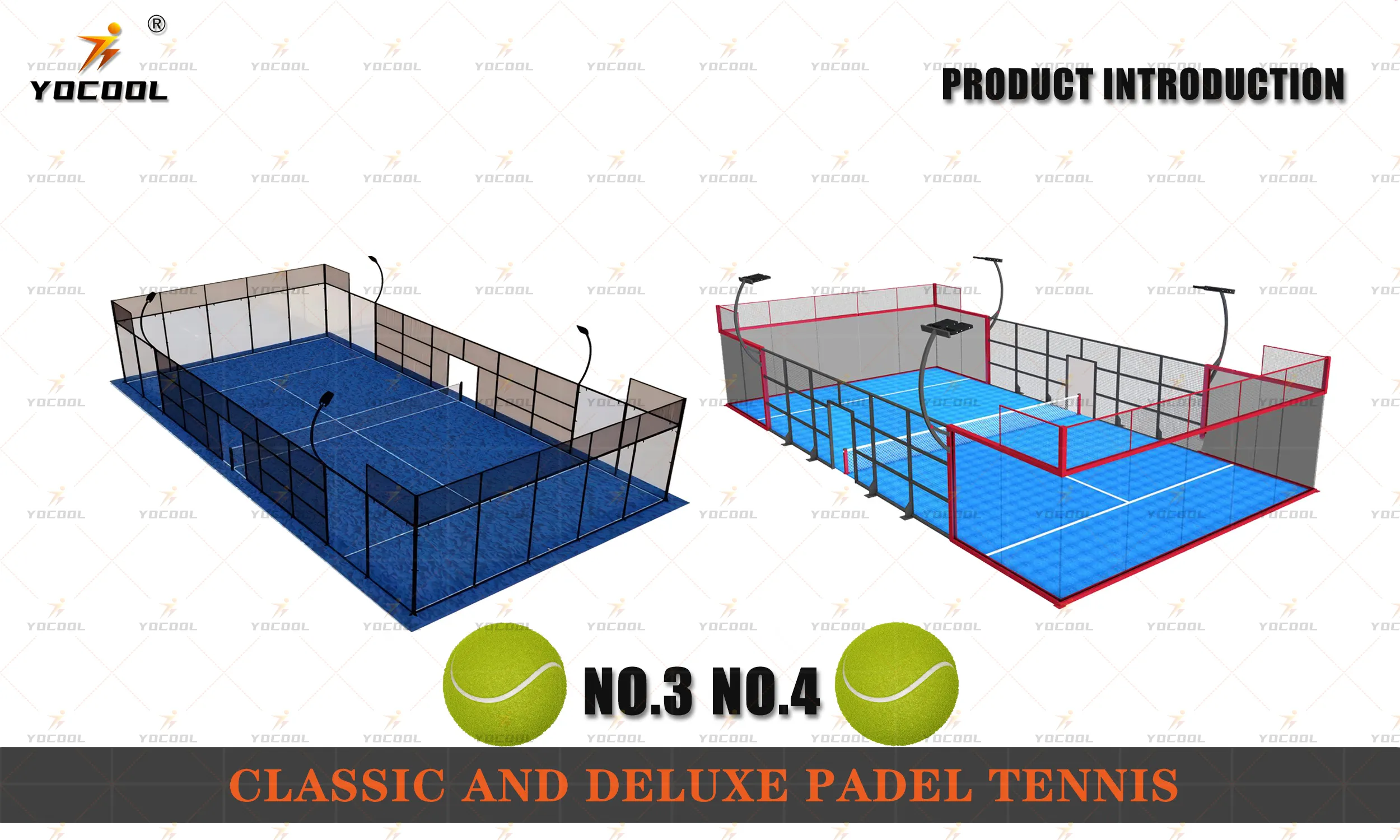

Industrial Flooring A Comprehensive Overview
Industrial flooring is a critical aspect of manufacturing and warehousing environments, designed to withstand the rigorous demands of heavy machinery, constant foot traffic, and various chemical exposures. Unlike standard flooring solutions, industrial flooring systems prioritize durability, safety, and ease of maintenance. The choice of flooring materials can significantly impact operational efficiency, safety standards, and aesthetic appeal inside industrial facilities.
One of the most popular types of industrial flooring is epoxy flooring
. Known for its exceptional durability and resistance to chemicals, epoxy creates a robust surface that can withstand heavy loads and abrasive materials. Its seamless nature is not only appealing but also minimizes the risk of dust and contaminants accumulating in joints or seams. Additionally, epoxy flooring can be customized in terms of color and finish, making it suitable for a range of applications from warehouses to manufacturing plants.Another prominent option is concrete flooring, which remains a staple in many industrial settings due to its strength and longevity. Polished concrete surfaces offer enhanced aesthetics while providing ease of cleaning and maintenance. However, raw concrete can be susceptible to stains and spills, which is why many industries opt for protective coatings that enhance its performance and lifespan.

Vinyl flooring is also gaining traction in certain industrial environments, particularly where comfort underfoot and sound absorption are priorities. While it may not have the same load-bearing capacity as concrete or epoxy, vinyl flooring's resilience to moisture and stains makes it suitable for areas such as laboratories and clean rooms.
Safety is paramount in industrial settings, and flooring can play a crucial role in preventing workplace accidents. Anti-slip coatings, textured surfaces, and specific color coding for hazard areas are essential features of industrial flooring that enhance worker safety and compliance with regulations.
The installation and maintenance of industrial flooring require careful planning and expertise. Professionals typically assess the specific needs of the facility, including load requirements, potential chemical exposures, and safety protocols, before recommending the most suitable flooring solution.
In conclusion, industrial flooring is more than just a surface; it is a vital component that supports operational efficiency and safety in industrial environments. As industries continue to evolve, the advancements in flooring technology will undoubtedly lead to more innovative, durable, and sustainable flooring solutions, ensuring that facilities remain efficient and compliant with safety standards.
High-Performance Industrial Flooring Solutions China Paddle Tennis Court for Sale
High-Performance Industrial Flooring Solutions Durable & Cost-Effective
Homogeneous Transparent Floor – Durable & Stylish Rubber Floor Solutions
Premium Homogeneous Transparent Floor for Durable & Stylish Spaces Rubber Floor Solutions
Premium Sports Floor Solutions Durable PVC Sports Floor & Rubber Floor for Gyms
Durable Rubber Composite Floor Premium Rubber Floor & Mats Solutions